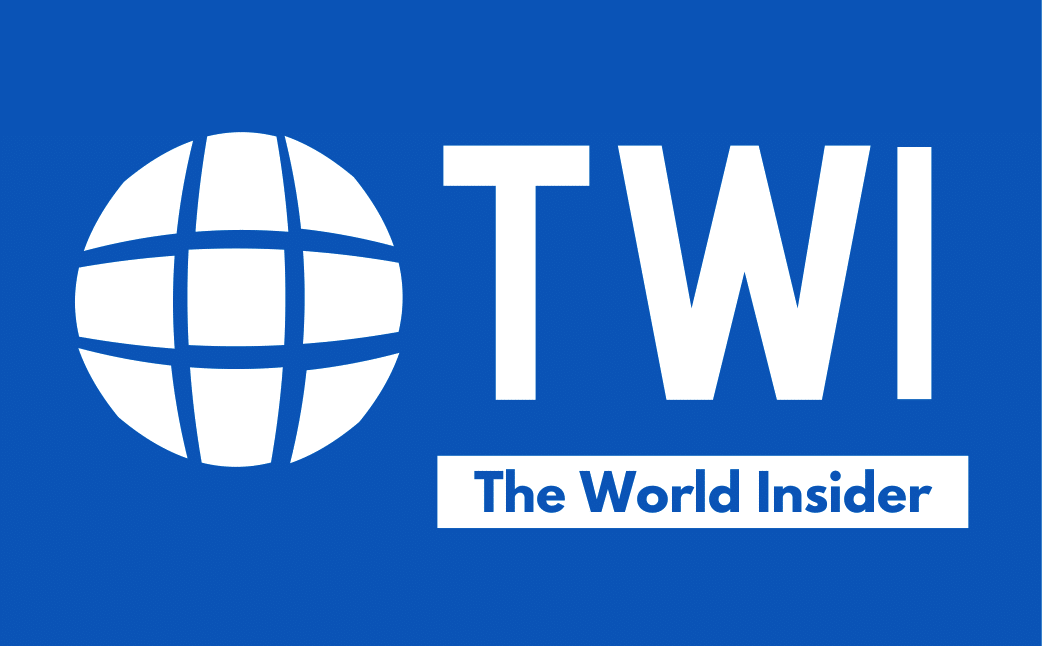U.S. Secretary of State Antony Blinken said that China’s military drills encircling Taiwan are “a significant escalation” and that there was “no justification” for the military exercises by Beijing in response to a visit to Taiwan by U.S. House Speaker Nancy Pelosi.
China fired ballistic missiles and deployed fighter jets and warships around Taiwan, the self-governed island which China claims as its own territory, after the Pelosi became the highest-ranking U.S. officials to visit Taiwan in 25 years and despite warnings from Beijing.
“These provocative actions are a significant escalation,” Blinken said after talks with Southeast Asian foreign ministers in Phnom Penh.
Speaking on the sidelines of a meeting with the Association of Southeast Asian Nations (ASEAN) in Cambodia, he also raised concerns that Beijing has been attempted to change the status quo on Taiwan.
Blinken condemned that China’s military exercises aimed at Taiwan, including missiles fired into Japan’s exclusive economic zone. He told reporters on the sidelines of the Cambodia meeting that Pelosi’s visit was peaceful and did not represent a change in American policy toward Taiwan, accusing China of using it as a “pretext to increase provocative military activity in and around the Taiwan Strait.”
However, the U.S. official added that nothing has changed about “one China” policy, which is guided by the Taiwan Relations Act, the three Communiques, and the Six Assurances. “We don’t want unilateral changes to the status quo from either side. We do not support Taiwan independence. We expect cross-strait differences to be resolved peacefully, not coercively or by force.”
U.S.Secretary of State Antony J. Blinken is travelling to Cambodia, the Philippines, South Africa, the Democratic Republic of the Congo, and Rwanda from August 2-12, 2022. He first travelled to Phnom Penh, Cambodia, from August 3 to 5 to participate in the U.S.-ASEAN Ministerial Meeting, the East Asia Summit Foreign Ministers’ Meeting, and the ASEAN Regional Forum. The participants discussed the COVID-19 pandemic response, economic cooperation, climate change, Burma crisis, and Russia’s war in Ukraine.




